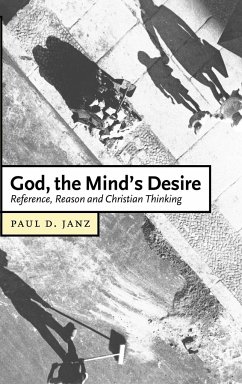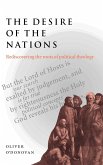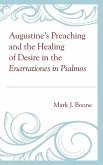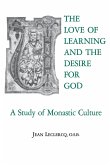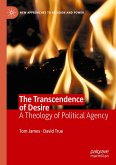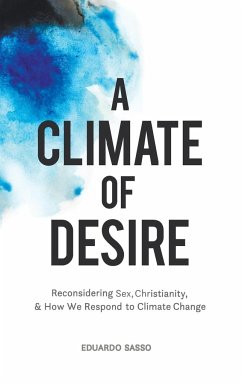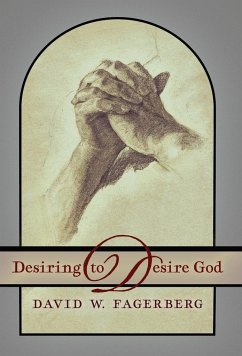Short description/annotation
Argues for both integrity of reason and integrity of transcendence in discourse about God.
Main description
This book reconfigures the basic problem of Christian thinking - 'How can human discourse refer meaningfully to a transcendent God(?)33;' - as a twofold demand for integrity: integrity of reason and integrity of transcendence. Centring around a provocative yet penetratingly faithful re-reading of Kant's empirical realism, and drawing on an impelling confluence of contemporary thinkers (including MacKinnon, Bonhoeffer, Marion, Putnam, Nagel), Paul D. Janz argues that theology's 'referent' must be located within present empirical reality. Rigorously reasoned yet refreshingly accessible throughout, this book provides an important, attentively informed alternative to the growing trends toward obscurantism, radicalisation, and anti-reason in many recent assessments of theological cognition, while remaining equally alert to the hazards of traditional metaphysics. In the book's culmination, epistemology and Christology converge around problems of noetic authority and orthodoxy with a kind of innovation, depth and straightforwardness that readers of theology at all levels of philosophical acquaintance will find illuminating.
Table of contents:
1. A reconnaissance of theology and epistemology; 2. Theology and the lure of obscurity; 3. Philosophy's perpetual polarizations: Anti-realism and Realism; 4. Philosophy's perpetual polarizations: making and finding; 5. Philosophy's perpetual polarizations: act and being; 6. The Kantian inversion of 'all previous philosophy'; 7. Tragedy, empirical history and finality; 8. Penultimacy and Christology.
Hinweis: Dieser Artikel kann nur an eine deutsche Lieferadresse ausgeliefert werden.
Argues for both integrity of reason and integrity of transcendence in discourse about God.
Main description
This book reconfigures the basic problem of Christian thinking - 'How can human discourse refer meaningfully to a transcendent God(?)33;' - as a twofold demand for integrity: integrity of reason and integrity of transcendence. Centring around a provocative yet penetratingly faithful re-reading of Kant's empirical realism, and drawing on an impelling confluence of contemporary thinkers (including MacKinnon, Bonhoeffer, Marion, Putnam, Nagel), Paul D. Janz argues that theology's 'referent' must be located within present empirical reality. Rigorously reasoned yet refreshingly accessible throughout, this book provides an important, attentively informed alternative to the growing trends toward obscurantism, radicalisation, and anti-reason in many recent assessments of theological cognition, while remaining equally alert to the hazards of traditional metaphysics. In the book's culmination, epistemology and Christology converge around problems of noetic authority and orthodoxy with a kind of innovation, depth and straightforwardness that readers of theology at all levels of philosophical acquaintance will find illuminating.
Table of contents:
1. A reconnaissance of theology and epistemology; 2. Theology and the lure of obscurity; 3. Philosophy's perpetual polarizations: Anti-realism and Realism; 4. Philosophy's perpetual polarizations: making and finding; 5. Philosophy's perpetual polarizations: act and being; 6. The Kantian inversion of 'all previous philosophy'; 7. Tragedy, empirical history and finality; 8. Penultimacy and Christology.
Hinweis: Dieser Artikel kann nur an eine deutsche Lieferadresse ausgeliefert werden.

